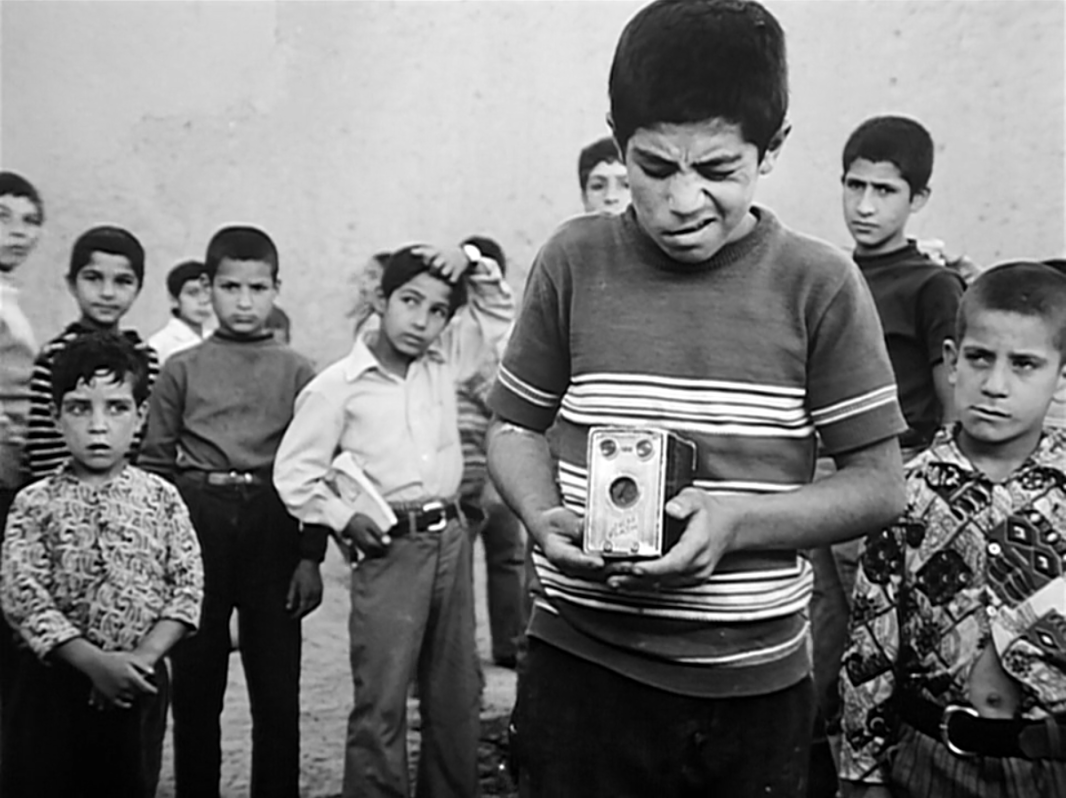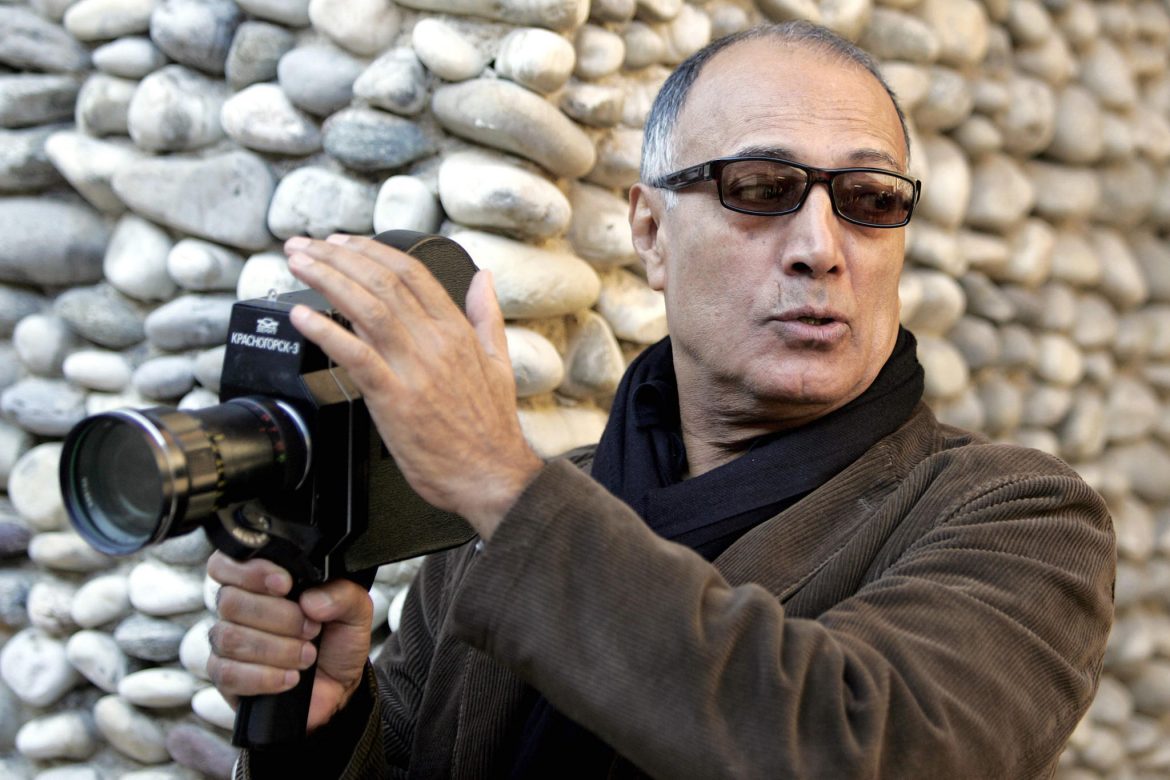I’m pleased to announce the first entry in an ongoing column about the beautiful, challenging films of Abbas Kiarostami is live on CutPrintFilm.
Kiarostami has become a favorite director of mine, and I’m grateful to the CutPrintFilm folks for giving me the opportunity to explore his body of work in more detail.

This first entry covers the period of 1970-1975, when Kiarostami first began making films. For those like myself who had been primarily familiar with Close-Up and A Taste of Cherry, which I reviewed here and look forward to revisiting, it’s fascinating to see the ways in which he had and hadn’t changed as a filmmaker since those early days.
The piece begins:
When Abbas Kiarostami died this past July after a battle with cancer, there was a veritable deluge of tributes from across the world.
Beloved by many cinephiles and even more fellow directors (like his friend Martin Scorsese, who lovingly memorialized him recently, this towering figure of Iranian cinema and culture was a fixture in film conversation, from Tehran to Cannes to Venice. His short The Bread and Alley appeared in 1970, the first production of the newly-founded Institute for the Intellectual Development of Children and Young Adults in Tehran. But it took another two decades and the release of Close-Up to bring him to international prominence.
To hear Kiarostami tell it, this was never much of a problem, or at least not something on the forefront of his mind. He seems always to have been making films for himself. Beguilingly self-reflexive, fixated on the ethics and mysteries of filmic representation itself and with a clear soft spot for children, Kiarostami carved out a unique position for himself. Taken as a whole, his films reflect both a plain-spoken truth-teller and a philosopher of the image, cloaking increasingly complex reflections on texts, viewers, and engagement in a veneer of simplicity.
Read the rest on CutPrintFilm, and stay tuned for more!

